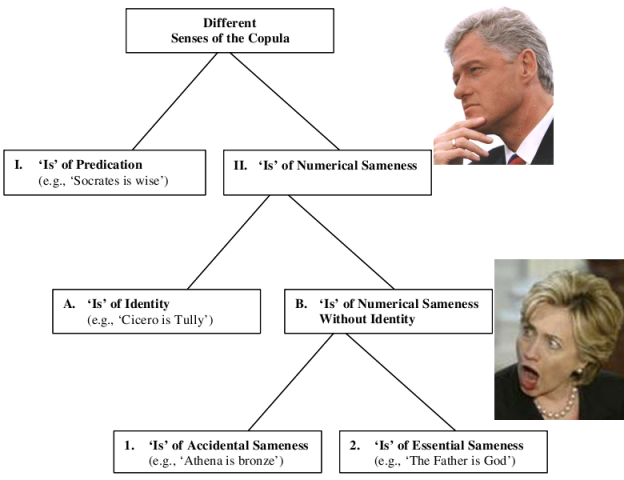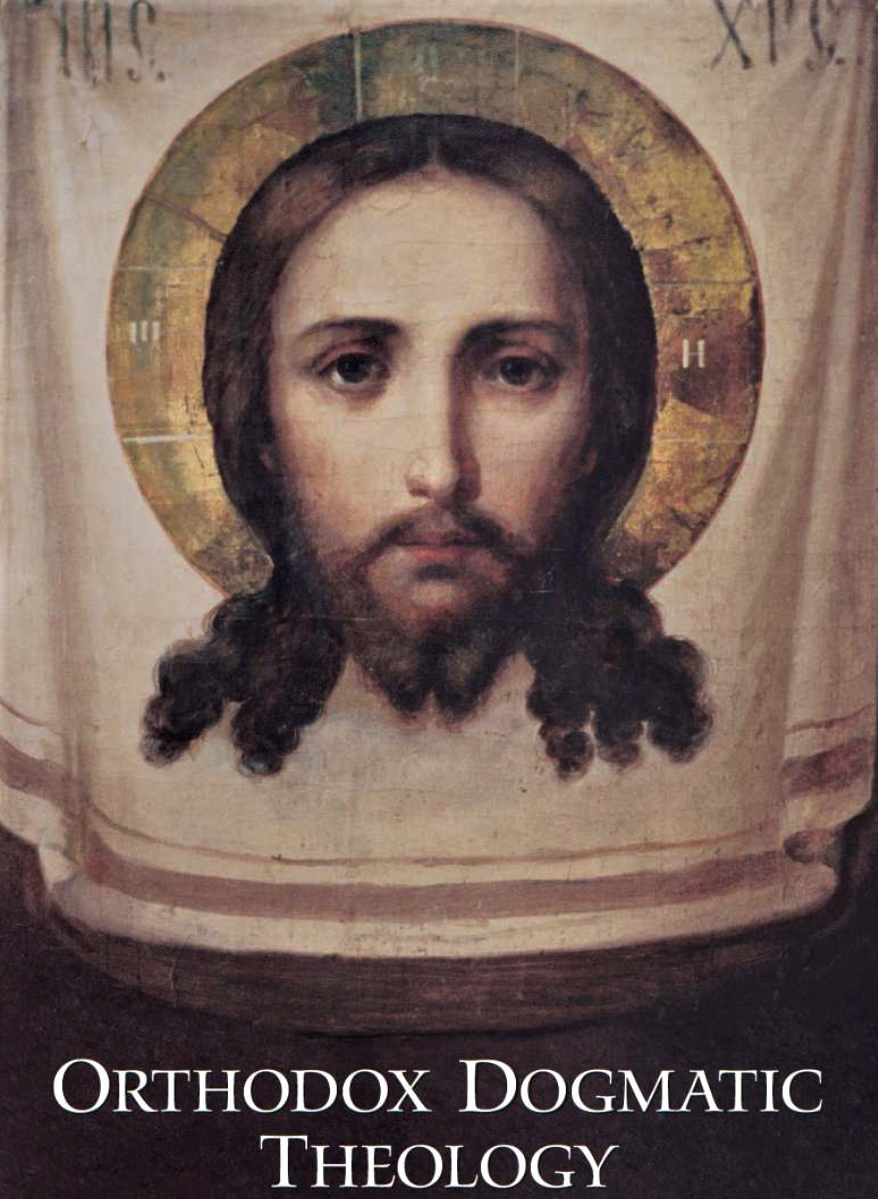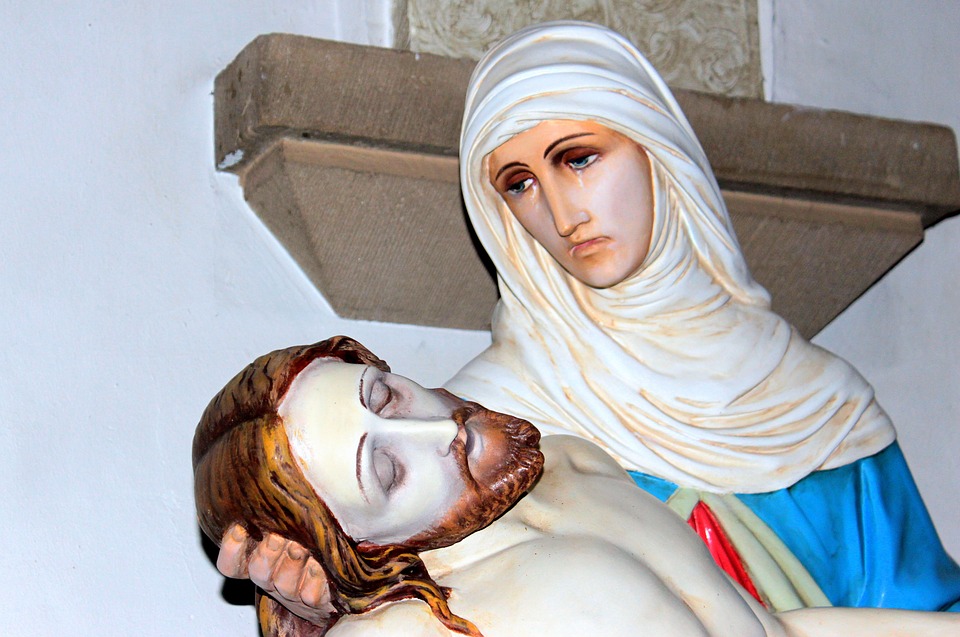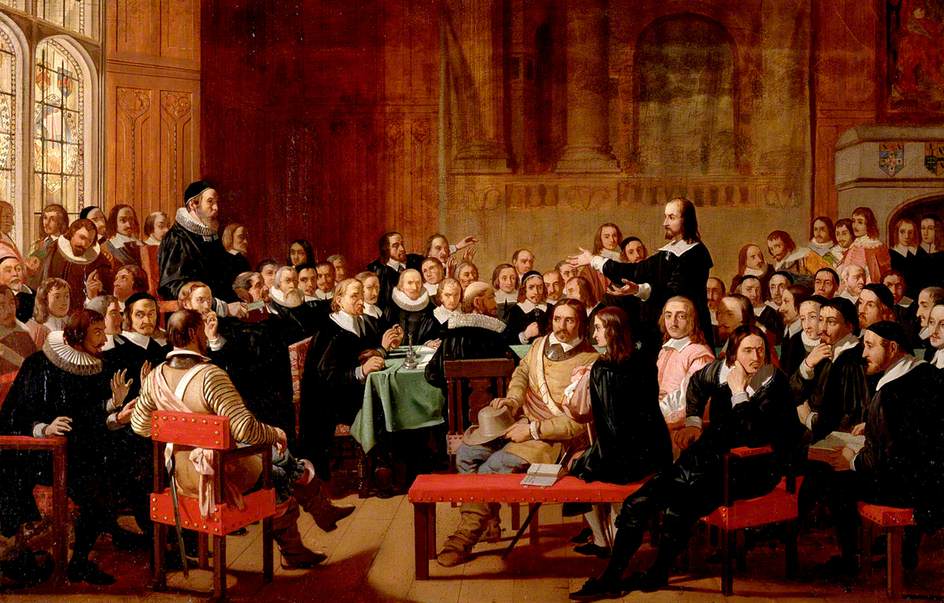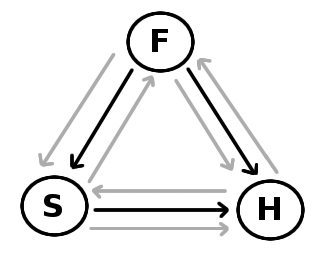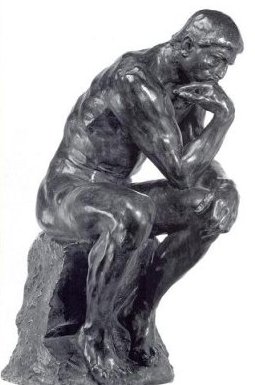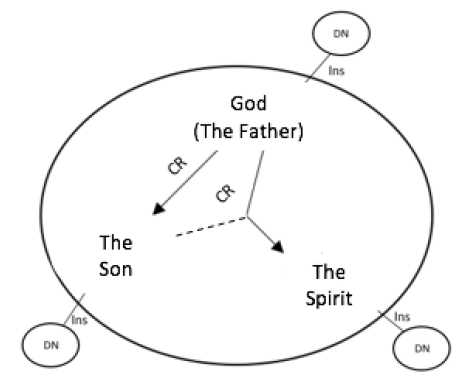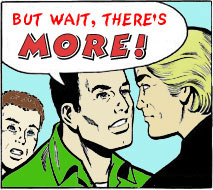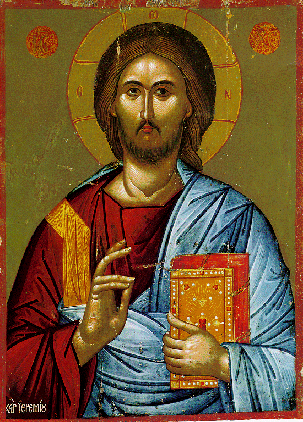
(Picture credit.)
Swinburne isn’t what you’d call a theological liberal. He’s not a conservative evangelical either, given his rejection of things like biblical inerrancy. He was, I believe, a life-long Anglican, until 1996 when he converted to Eastern Orthodoxy. As I understand it, at least part of his motivation was his exasperation with anything-goes style Anglicanism (e.g. priests who are not theists). But my point is that he aims to be a “Catholic” Christian, in the sense of one who holds to mainstream orthodoxy – roughly, that core of doctrines held in common by Catholicism, Eastern Orthodoxy, and (at least in theory) most Protestants. (Actually, he’s probably a good bit more “Catholic” than that – in that he believes in apostolic succession, and in the authority of The Church to decree the meaning of scriptural texts – see his book Revelation.) This requires some dexterity on his part, and creates the burden of crafting a theory that one can claim fits with the “Athanasian” and Constantinopolitan Creeds.
Swinburne argues that it is uncharitable to read the ecumenical councils’ claim that “there is only one god” as asserting that there’s only one divine individual, as that would contradict their committment to there being three divine individuals.Read More »Swinburne’s Social Trinitarian Theory, Part 2 – a key move
